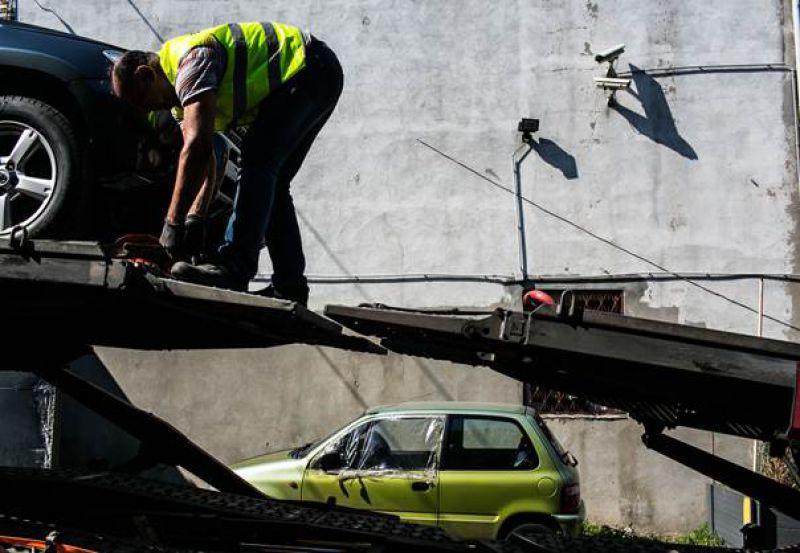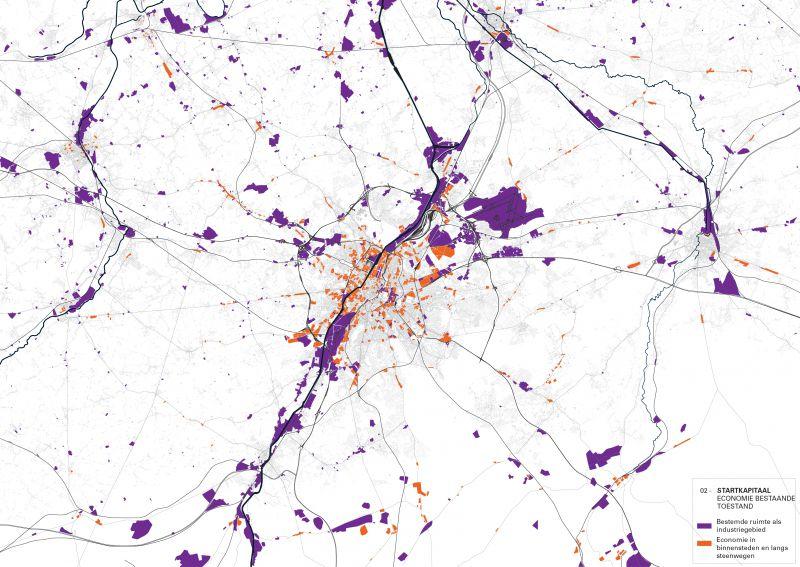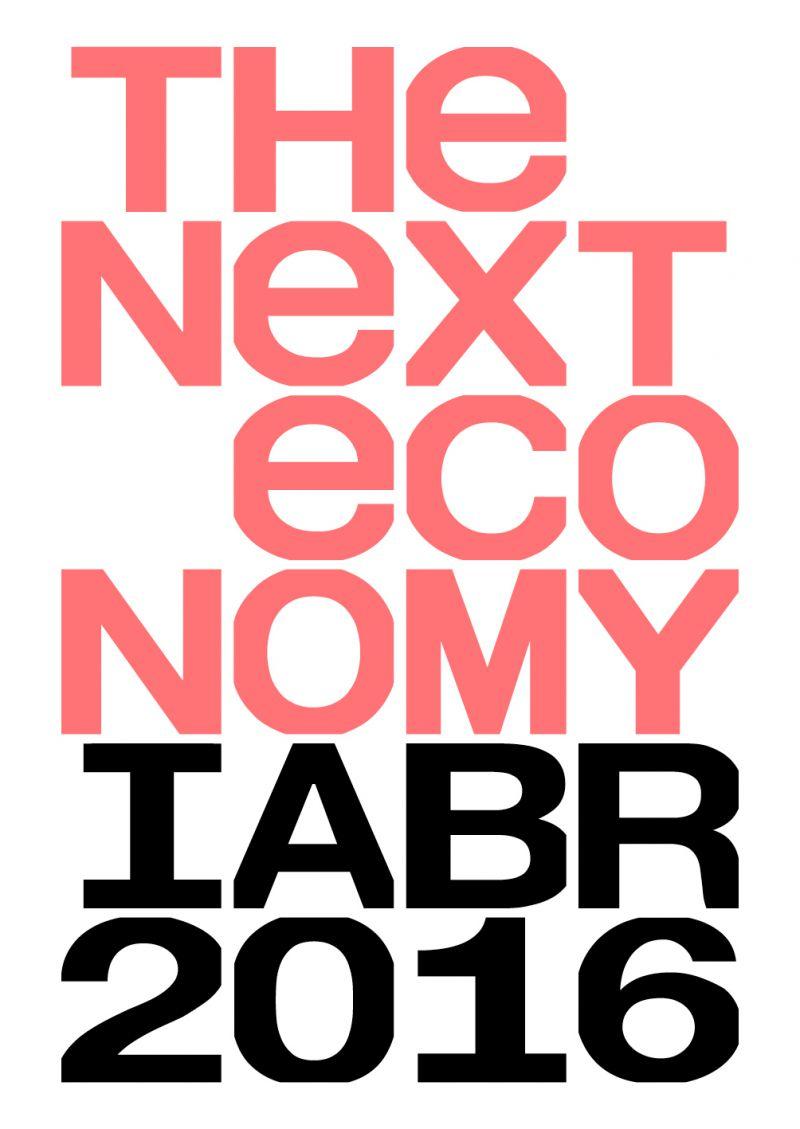The Flemish-Brussels metropolitan region has a large number of low-skilled unemployed, while old industrial zones languish in the city and its outskirts. Atelier Productive Metropolis BXL proposes giving these old industrial sites a new lease on life by focusing on attracting innovative production activities. The city as a melting pot of knowledge and labour is seen as the ideal breeding ground, with opportunities for the Brussels Canal Zone and the adjacent industrial zones in Vilvoorde, for developing a circular economy, and for local assembly coupled with a global logistics system.
Within the workshop, a number of prospective design research programmes are being conducted on the basis of specific case studies, always in close cooperation with the relevant actors in Flanders and Brussels. The totality of the ongoing processes, and spatial and governance challenges in the Brussels metropolis make this region an excellent testing ground for future spatial models, as an example for many other cities and urban regions in Flanders, Wallonia and Europe.
In addition, presentations, masterclasses, debates and walks were organised to actively study the current situation and the future of the productive city. During Urban Meetings, knowledge was exchanged between the different research projects and both local and international experts.



